
What Apple taught me about how procurement wins in volatile markets
The importance of long-term strategy during times of economic uncertainty.

In times of economic uncertainty, every business faces a choice: react or plan ahead. For procurement leaders, the difference can be dramatic. As global instability and the risk of recession looms, procurement now has the opportunity to lead and secure resilience across the entire business.
I learned this firsthand during my time as a leader in Apple’s strategic sourcing and procurement function. Apple is one of the world’s most valuable companies for a reason: it has mastered supply chain strategy, especially in challenging conditions.
Something a former VP of Procurement at Apple once said has always stuck with me: “The best time to negotiate a strategic deal is during a recession.”
Why? Because when uncertainty rises, suppliers are eager to secure stable relationships. That’s when procurement leaders can lock in favorable terms, build long-term partnerships, and create a foundation of resilience.
In this article, I’ll share some principles and strategies I learned for building resilient procurement, and how today’s leaders can apply them.
Why recessions can be strategic opportunities for procurement
During a recession, the balance of power between buyers and suppliers often shifts. Suppliers, facing their own financial and operational uncertainty, are more open to striking long-term agreements that provide a sense of stability. For procurement leaders, this can create a window of opportunity.
Procurement professionals should always be looking for opportunities to secure favorable terms with strategic suppliers. Suppliers seek stability and during my tenure at Apple, we had the foresight to offer it, negotiating strong, resilient agreements that positioned the company for future growth. And it all came down to thoughtful vendor management.
The three steps to resilient procurement strategy
1. Reassess your supplier relationships
Your suppliers are often looking for a place to hide during downturns. This is the time to evaluate and prioritize relationships, as your partners are looking for the stability that comes with long-term partnerships. We recommend evaluating suppliers based on three factors:
- Business value: How critical is the supplier to your operations?
- Long-term strategic need: Does the supplier offer capabilities or expertise that will be valuable in the future and will grow with you?
- Contingency plan: Are there alternative opportunities if there is an issue with long-term support?
- Negotiation leverage: Given this map, does this give you leverage to secure favorable terms?
2. Visibility is everything
But here’s the thing: to make these calls, you need visibility. The challenge was always about maintaining a clear view of supplier data, spend, engagement, contracts, and risk ratings, across a global supply chain.
That’s because back then, we didn’t have procurement orchestration. Today, orchestration gives you real-time visibility and governance over spend across your business before it happens. So you can proactively shape budgets, flag unnecessary costs, and guide dollars to the highest-impact priorities without increasing overhead or adding headcount.
If you’re seeking strategic cost-savings, you need to make decisions based on all the data. And you need to move quickly.
3. Execute strategic deals efficiently
During downturns, speed matters. Procurement teams need the ability to quickly launch competitive sourcing events and negotiate deals. We recommend using a structured, data-driven approach to supplier selection, evaluating your options side-by-side and scoring them based on weighted criteria.
With Zip’s sourcing module, procurement teams can take this to the next level. By easily comparing suppliers, assigning scores, and managing RFPs from a single platform, procurement can move from decision to deal with unprecedented speed.
My advice for procurement leaders today
If I could give one piece of advice to procurement leaders facing economic uncertainty, it would be this: Recessions are a time for planning long term strategic impact. Secure the right partnerships, double down on internal oversight, and don’t be afraid to negotiate.
Resilience means building the strength to adapt and thrive, even when conditions change.
Working at Apple taught me that building resilient procurement is the result of deep oversight, data-informed decisions, and planning long-term strategic supplier relationships.
And if you'd like to learn more, please reach out and I'd be happy to discuss how Zip can help build your own procurement resilence.

Maximize the ROI of your business spend

Enter your business email to keep reading





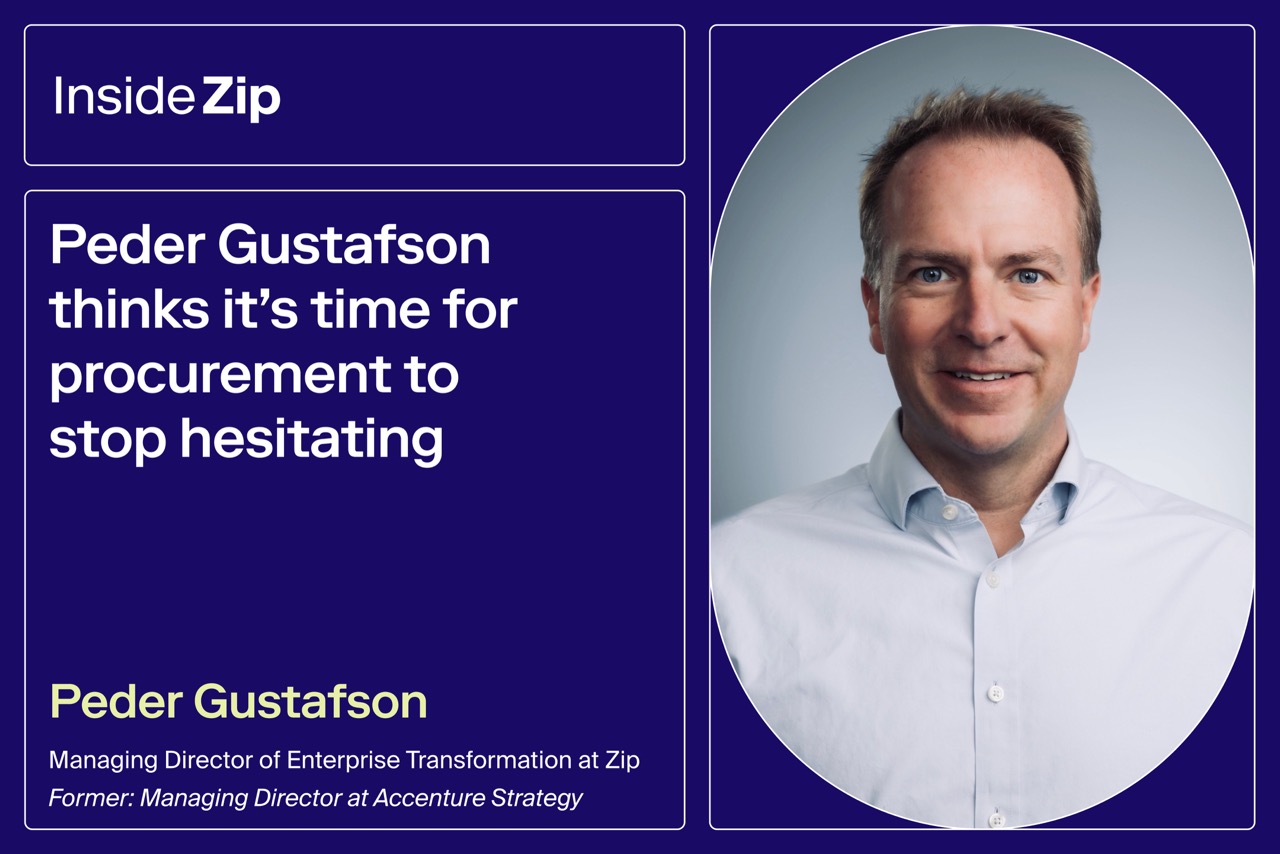
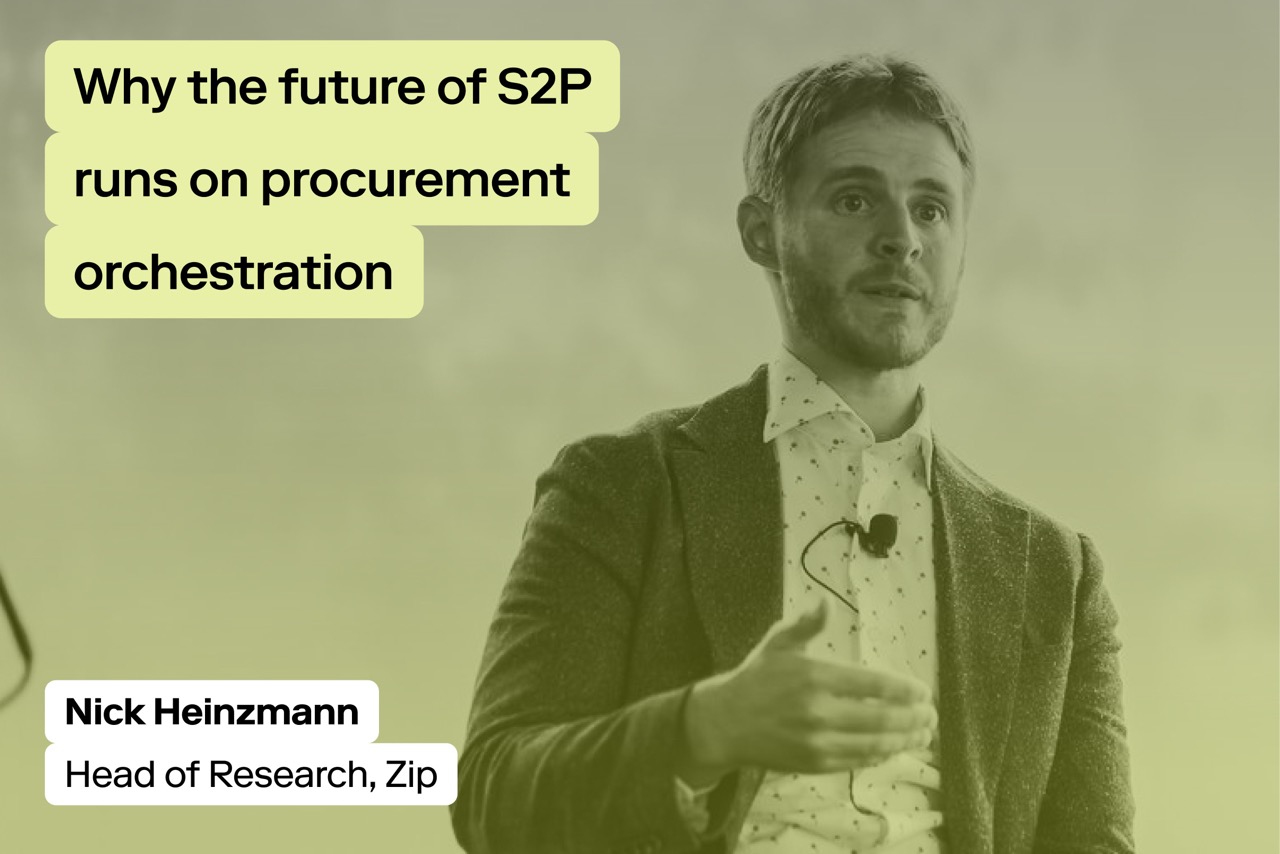


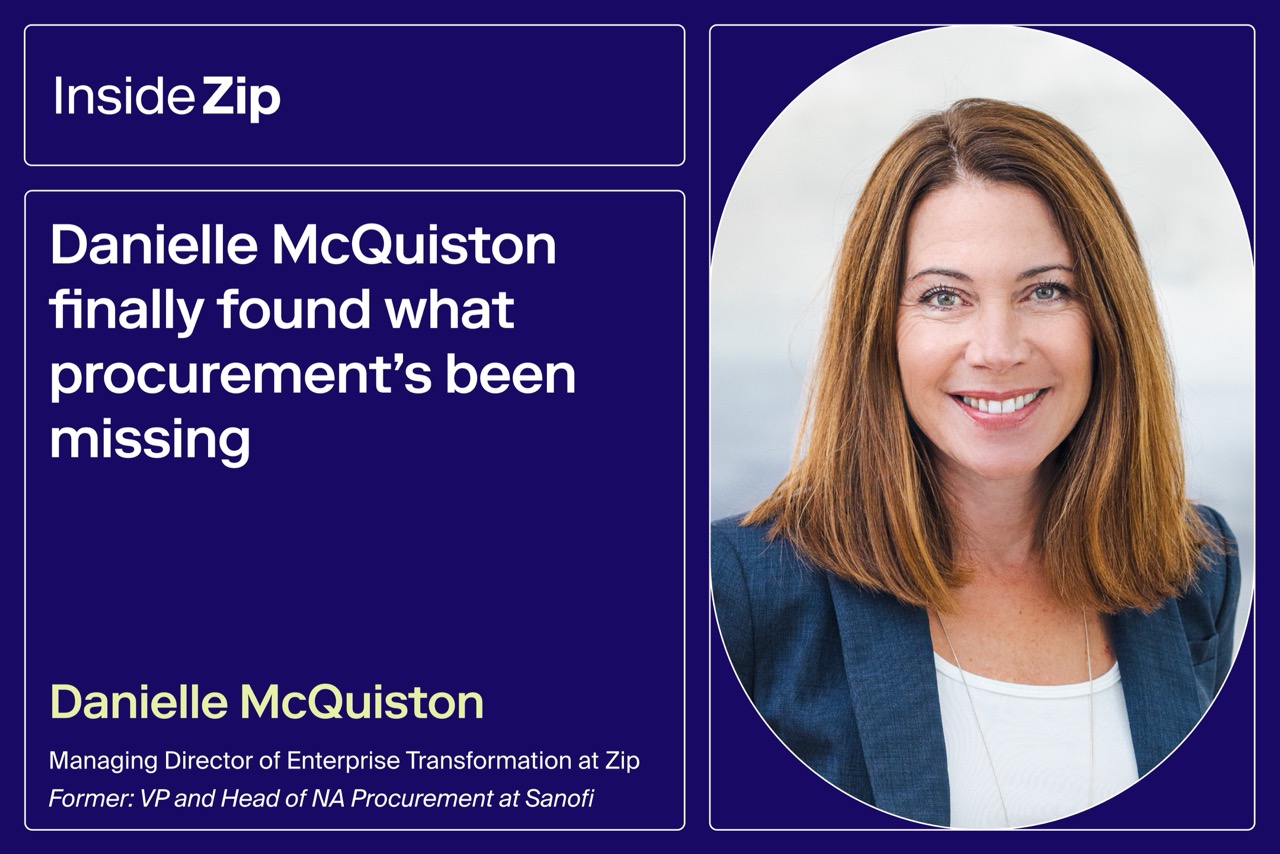
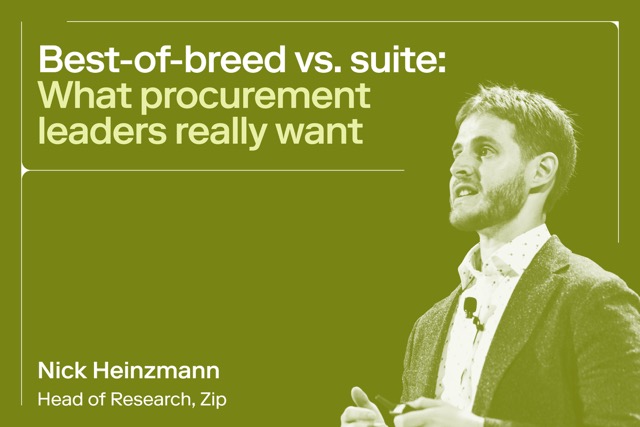

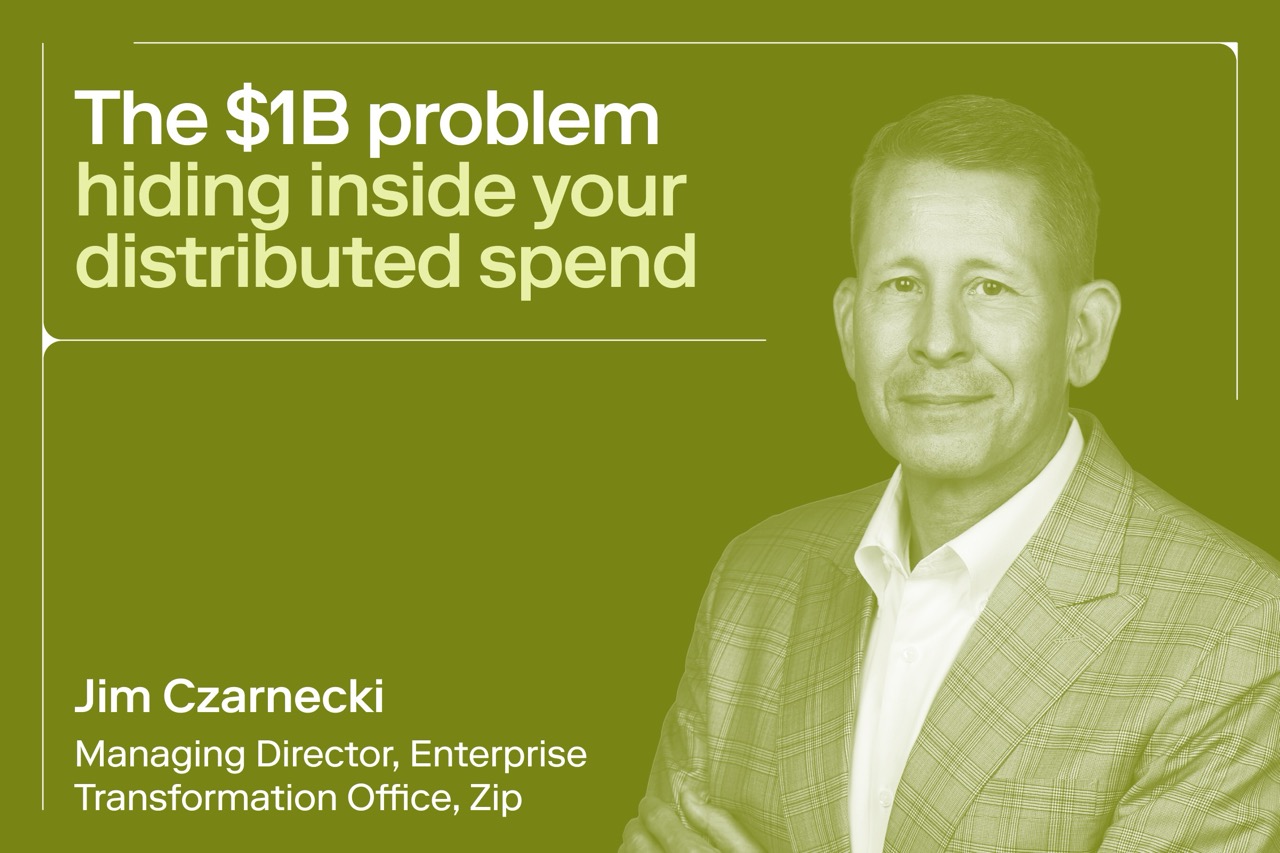
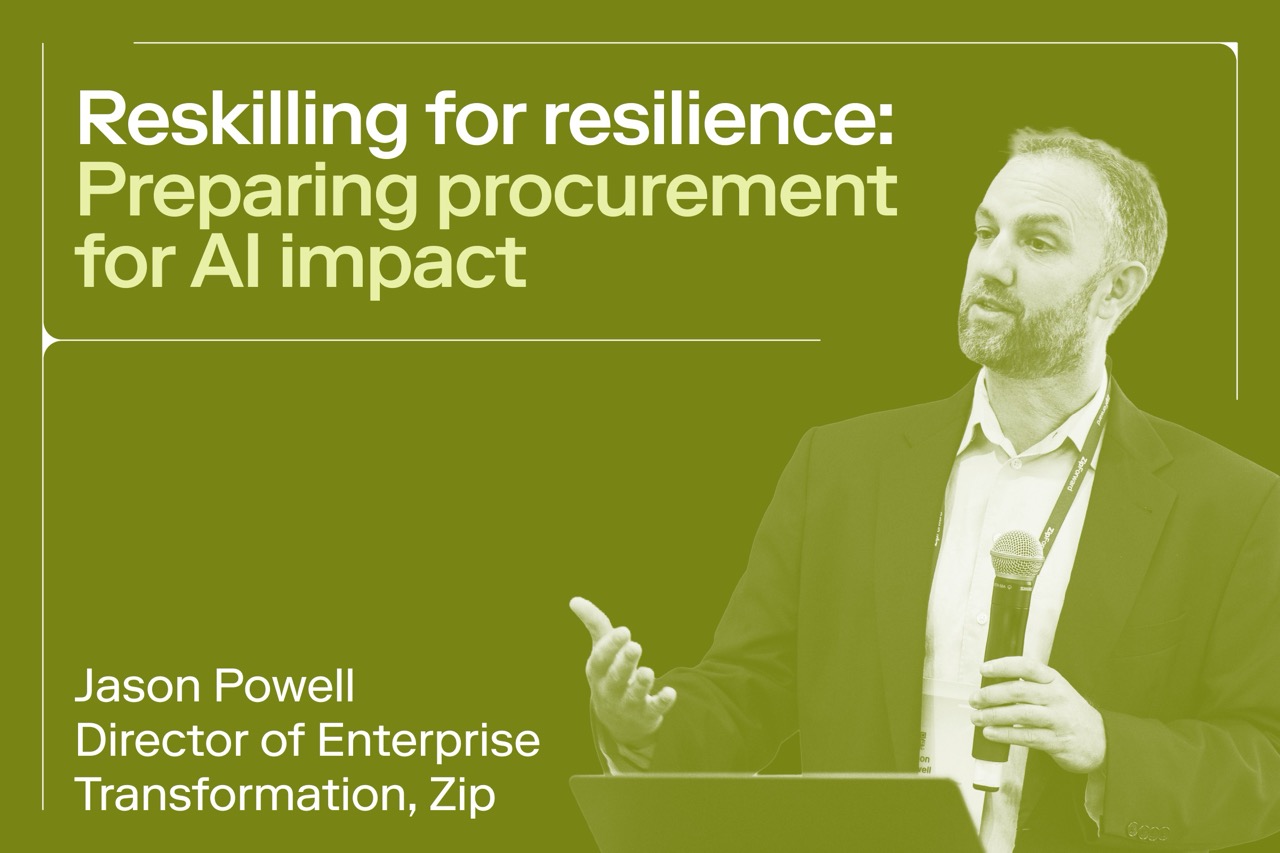
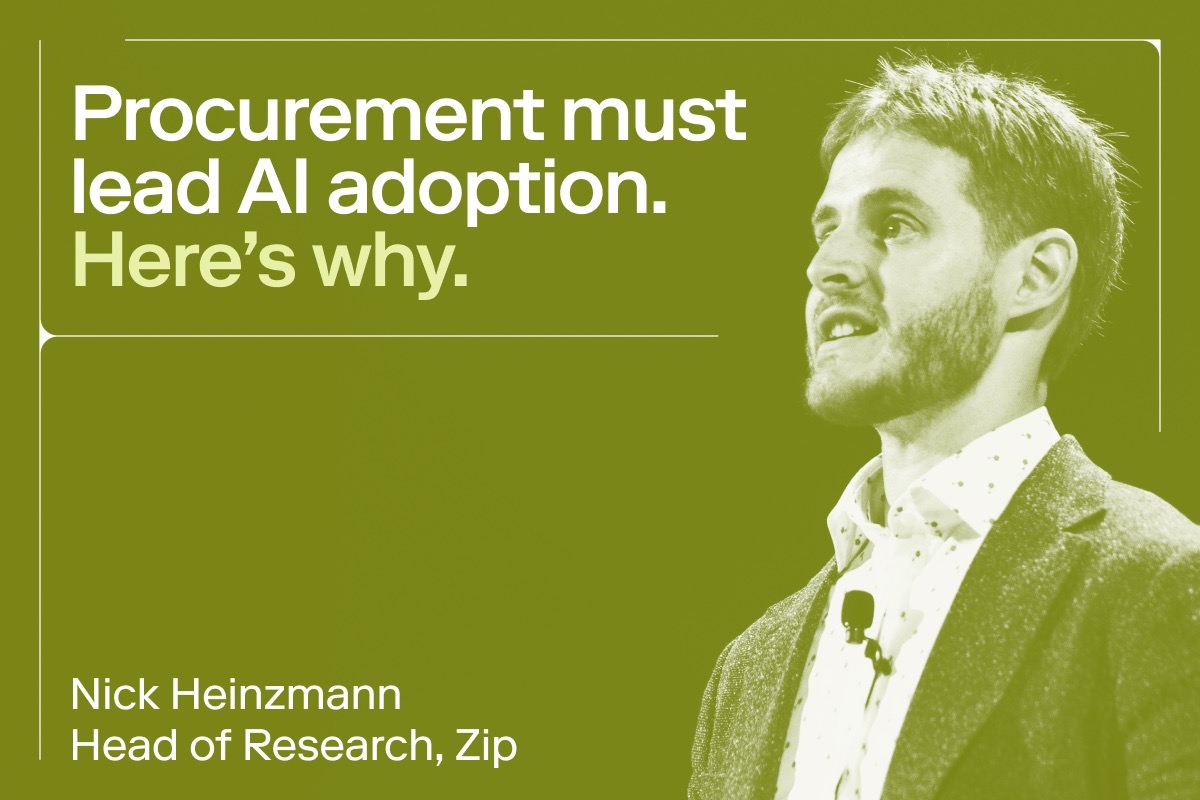








%20Large.jpeg)





.webp)


















